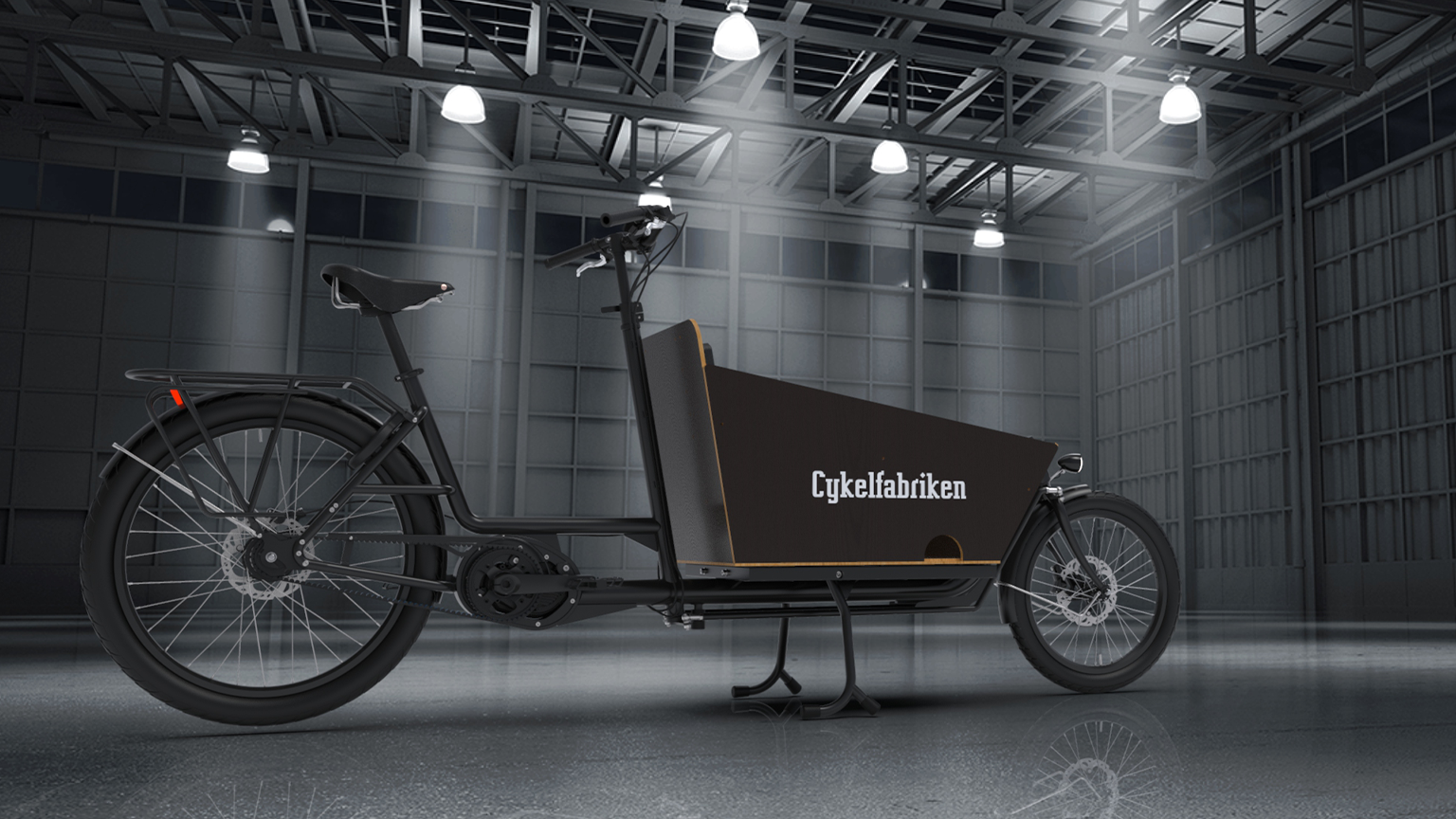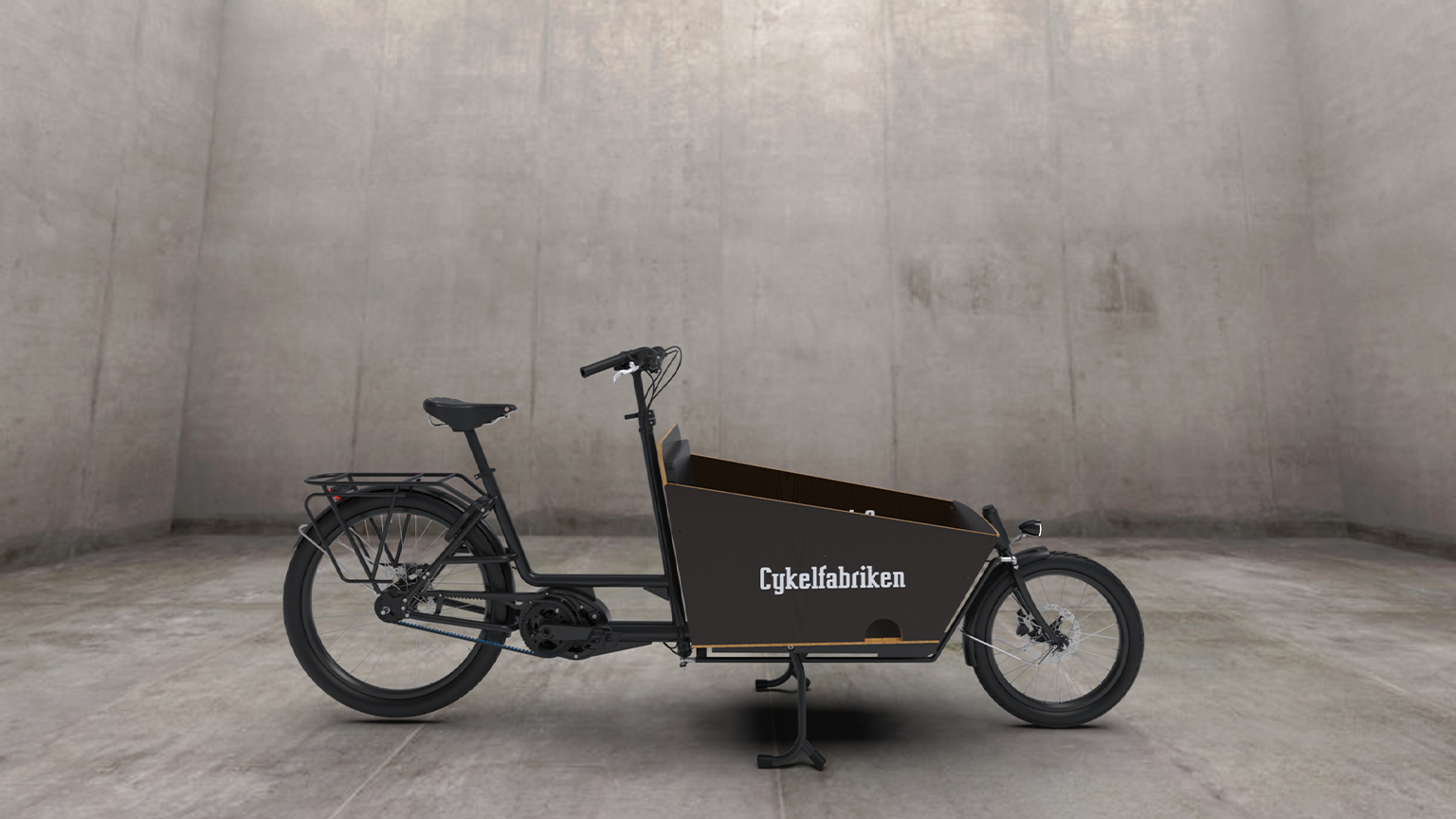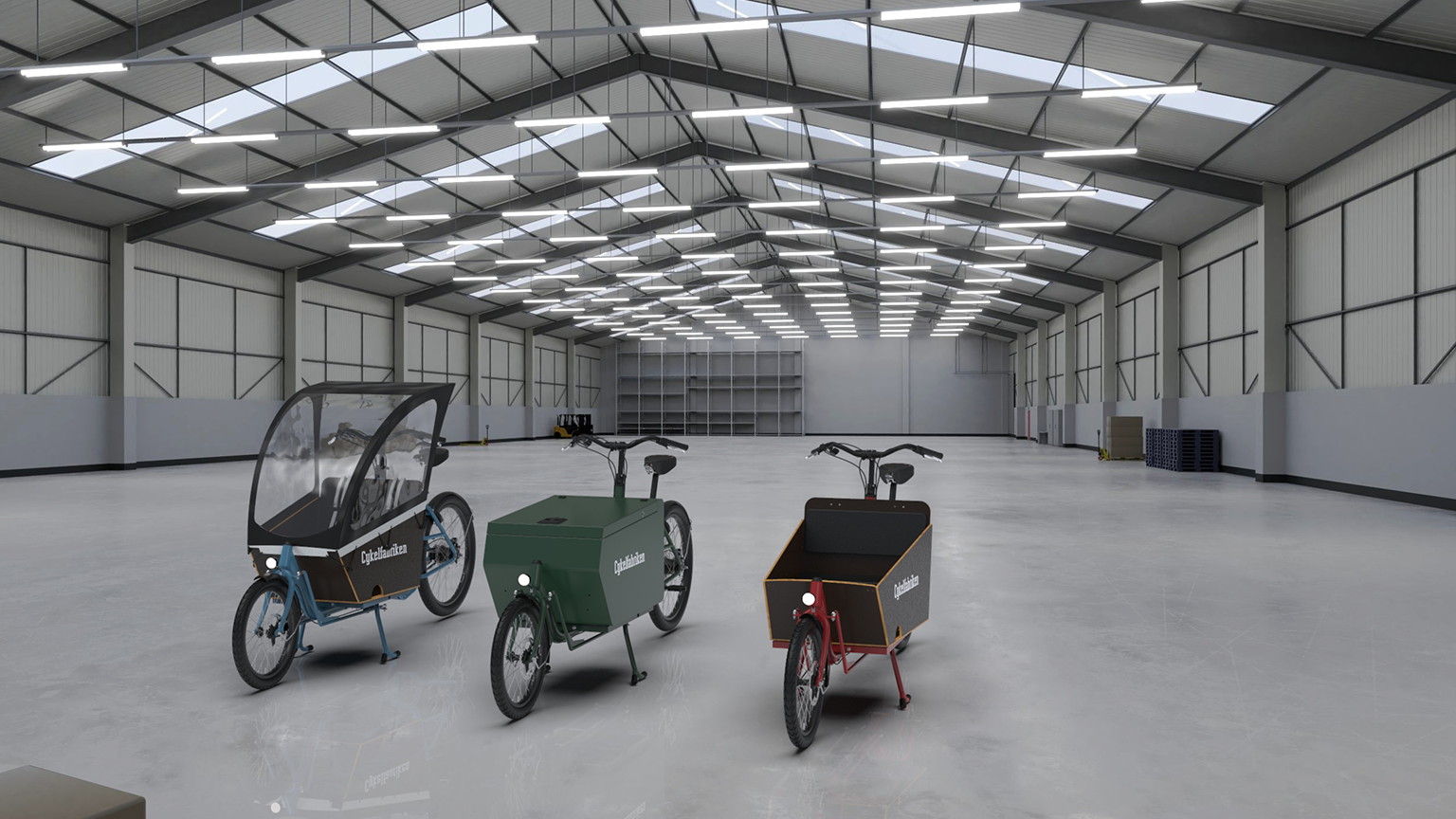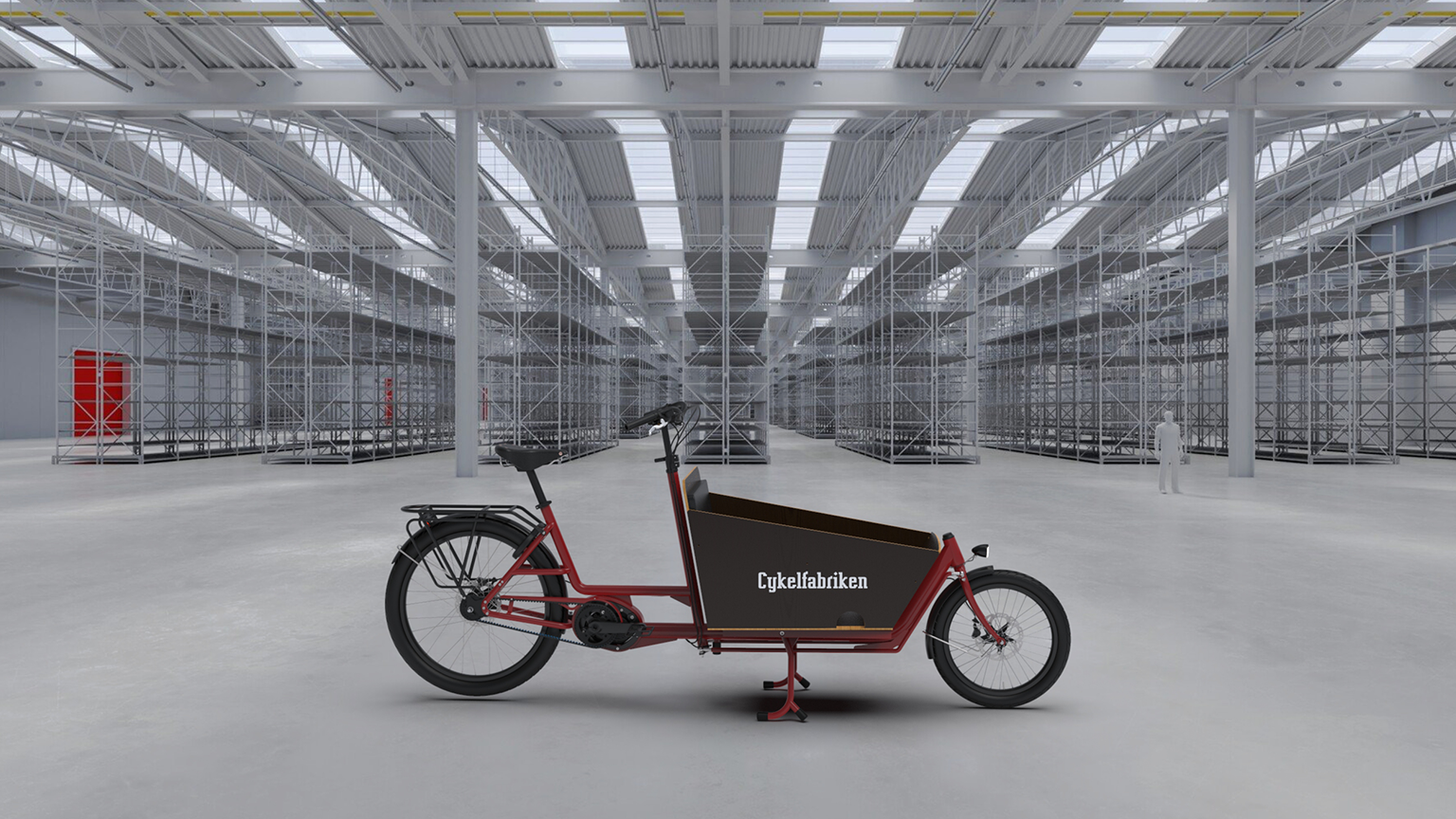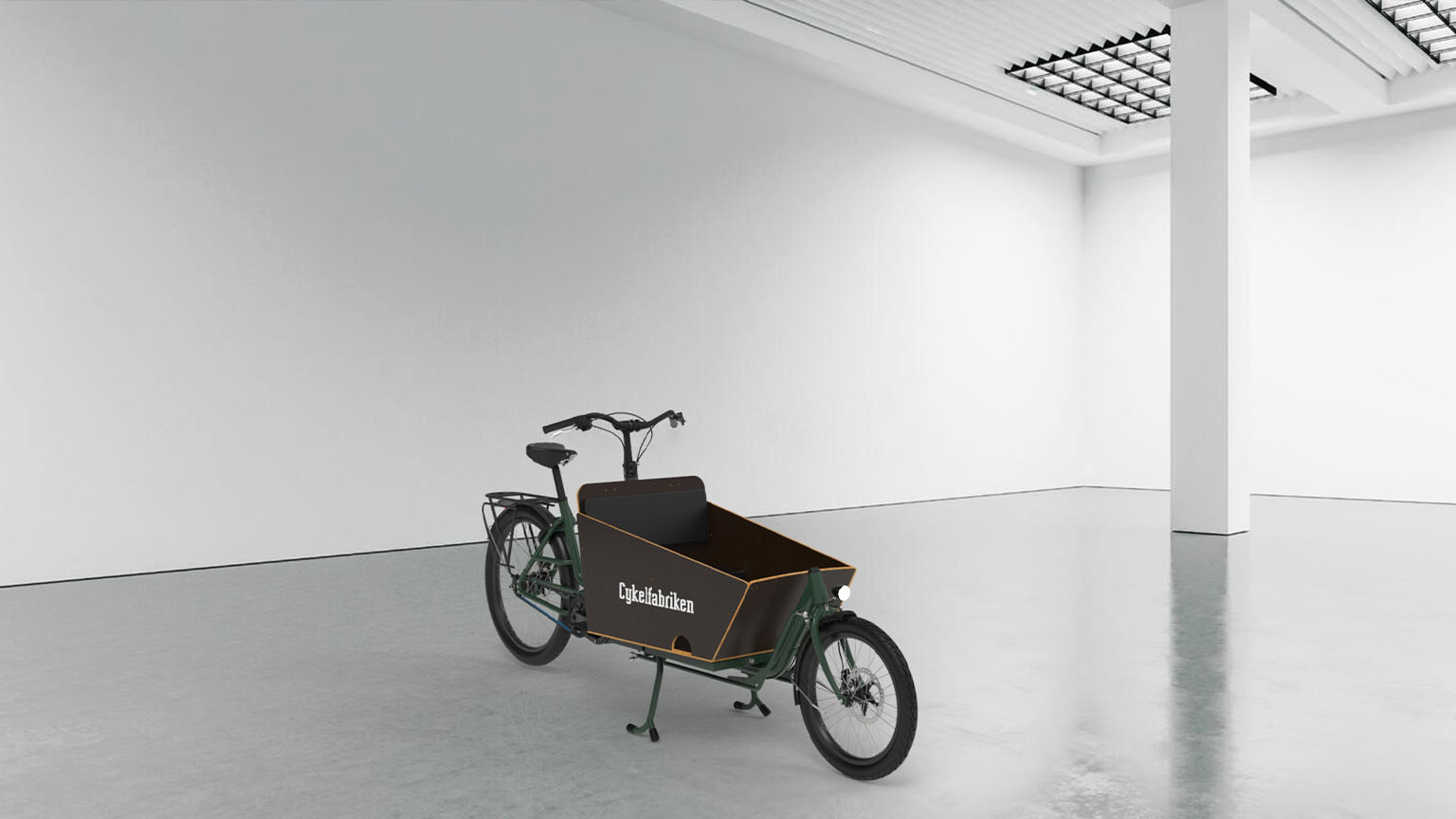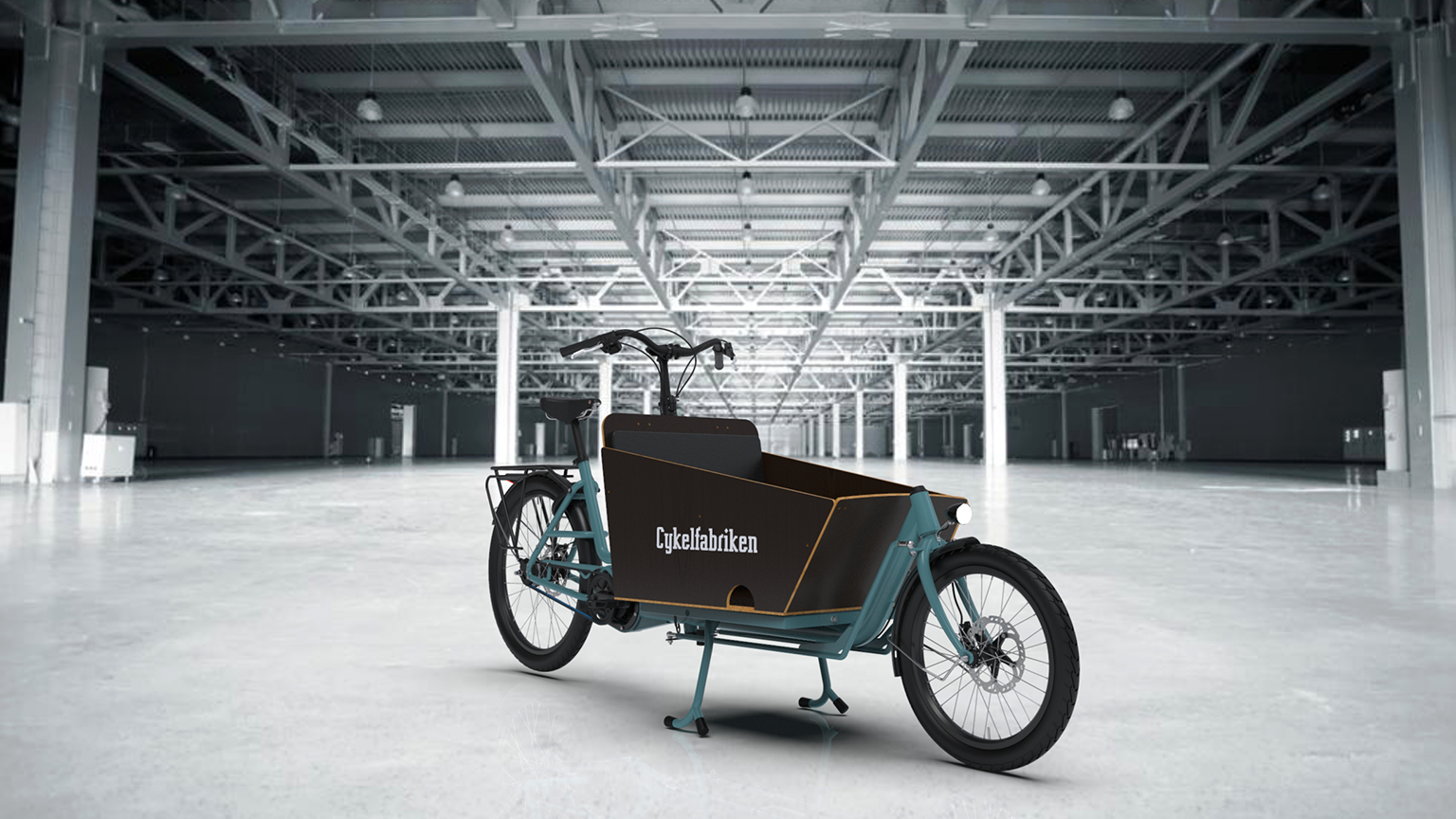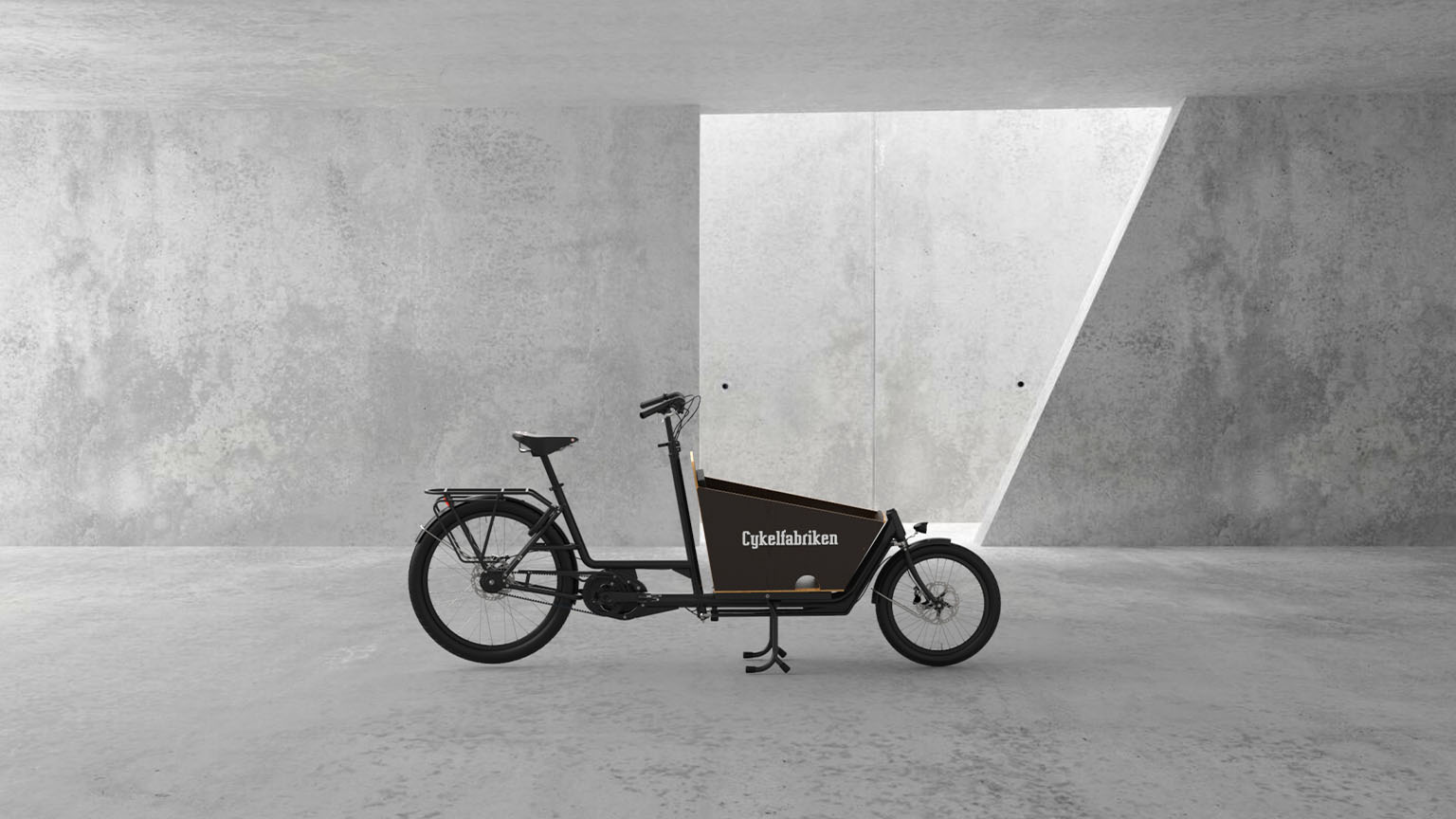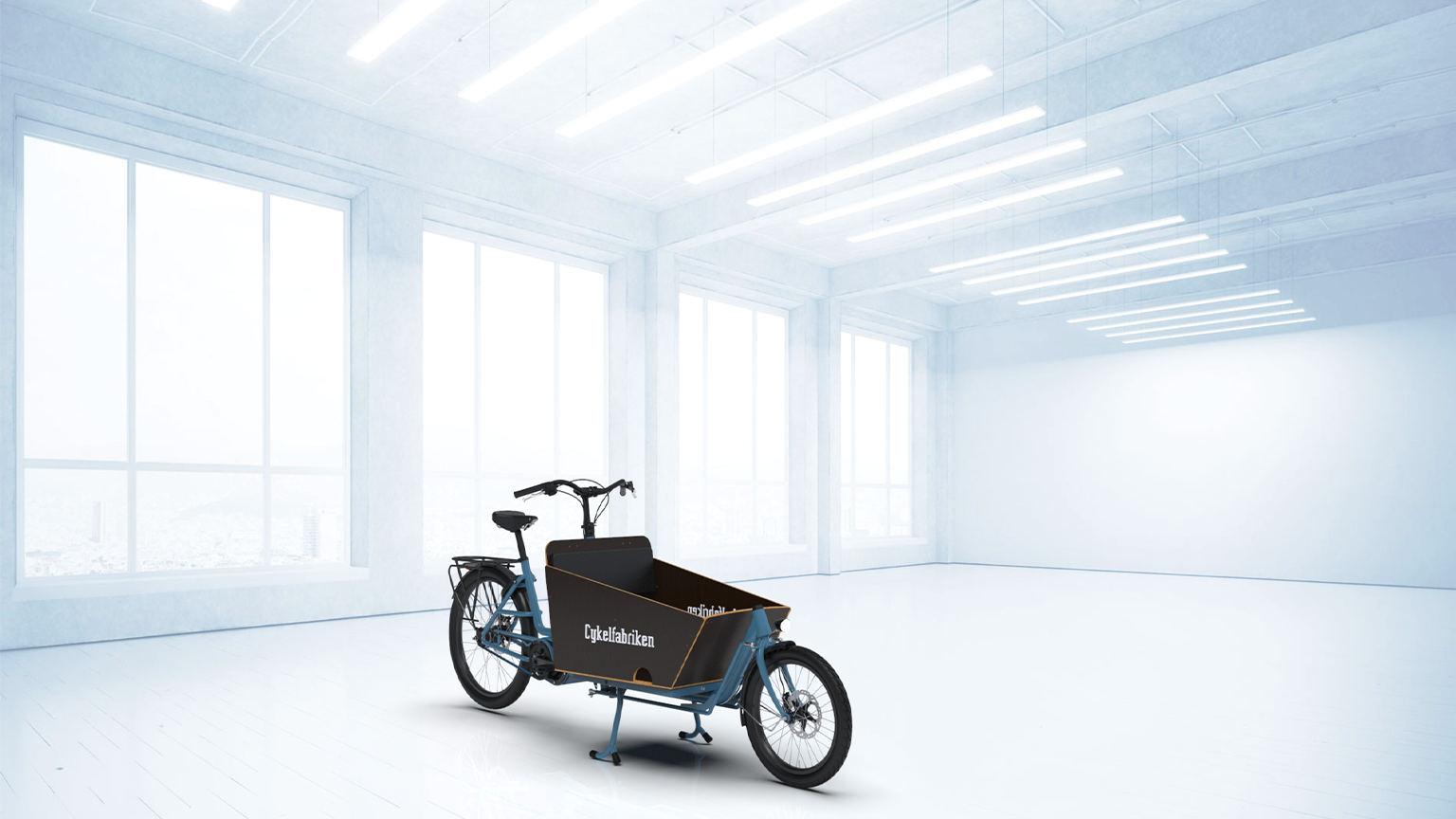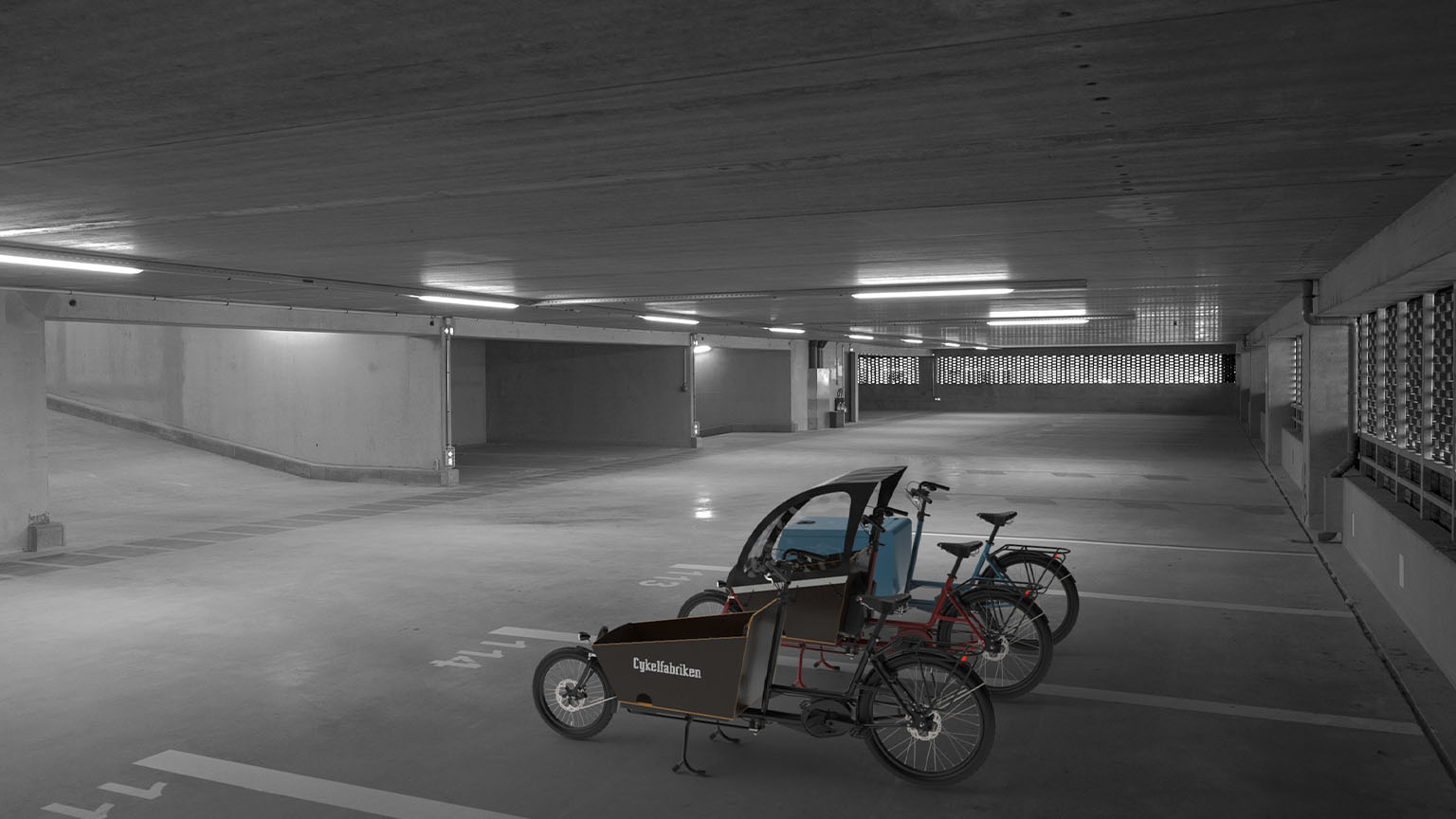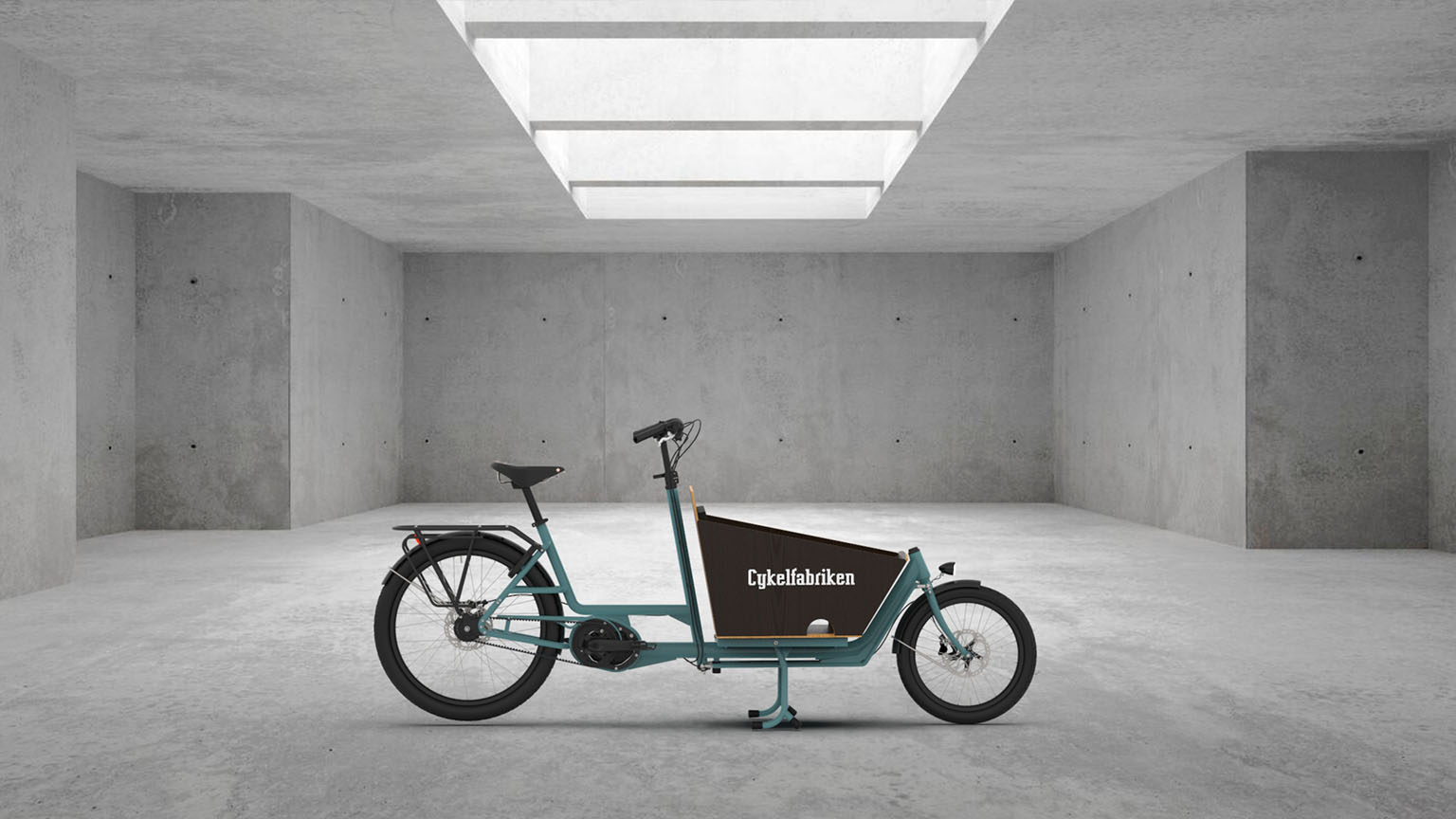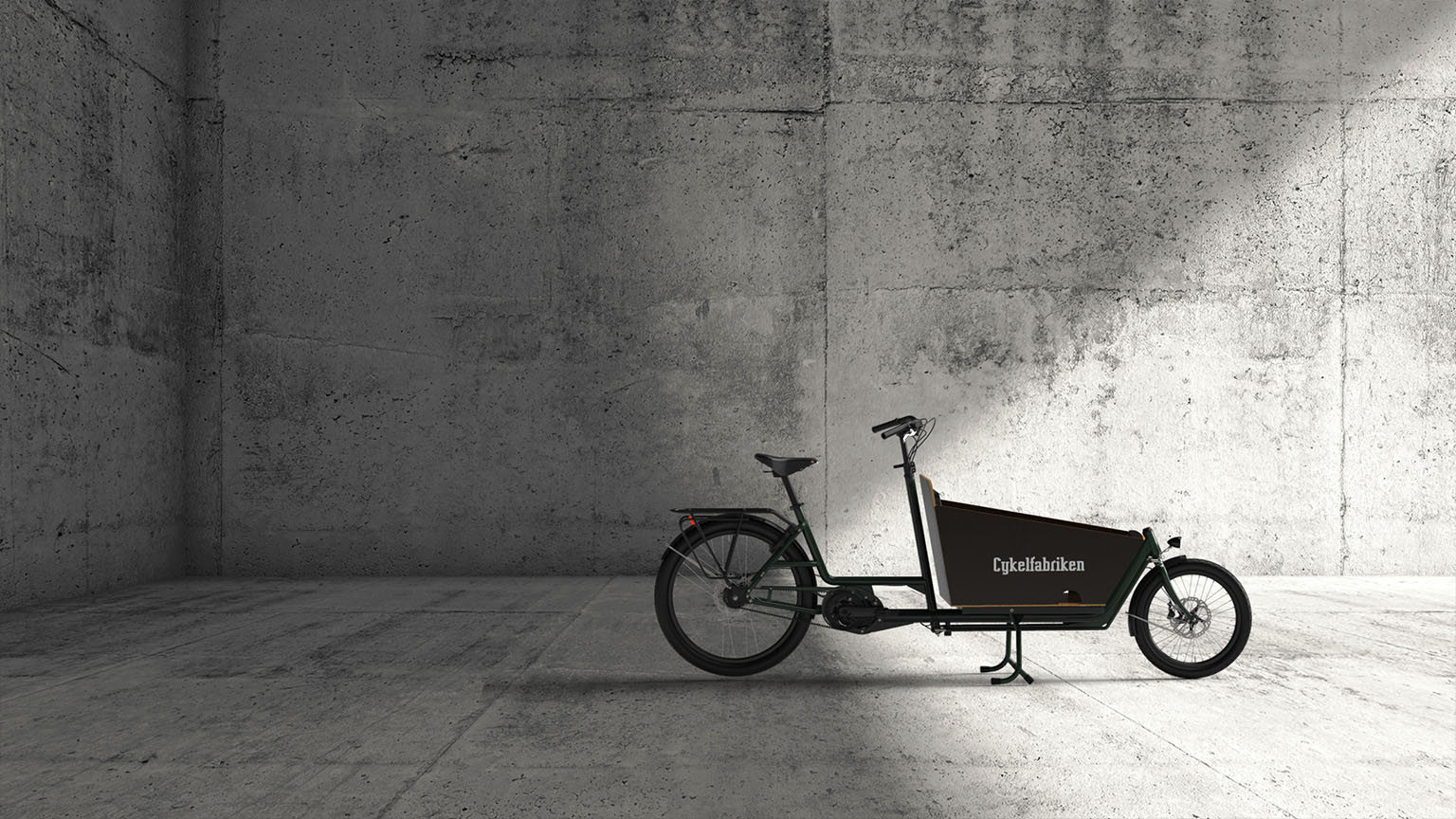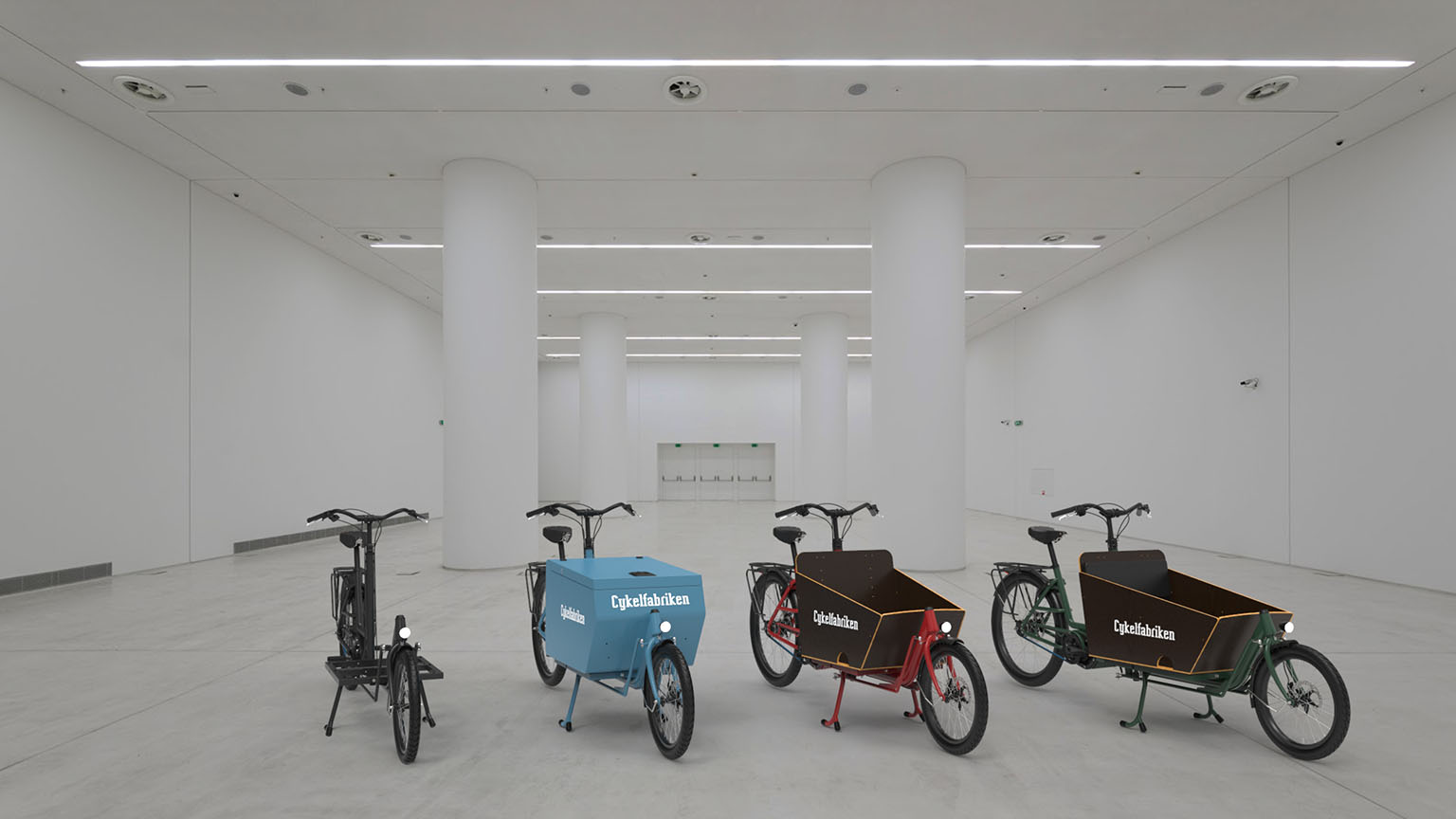Environmental policy
Cykelfabriken contributes to sustainable societal development by offering “a bike for all”, i.e. customer-tailored bikes and bike transport solutions that provide a long-term reduction in environmental impact. Cykelfabriken strives to build bikes with long durability and therefore chooses sturdy materials that can also be recycled. We are constantly looking for improvements in all areas where we affect the environment, through our choices of materials, suppliers and transport. We do this by:
Constantly developing new models based on customer needs to reach more people and increase cycling in society.
In collaboration with our subcontractors, seek better solutions, for example, reduced material use and safer and better manufacturing methods.
When choosing accessories for the bikes, consider the supplier’s environmental profile, and where possible, use products that are environmentally friendly, such as tires made from recycled rubber.
When choosing a transportation company, we strive to choose those who are aware of their environmental impact and act accordingly, whenever possible.
Cykelfabrikens environmental impact:
The greatest environmental impact is the transports, which are usually carried out by truck. This applies both to deliveries of materials to us, and when bicycles are to be delivered from us to the customer.
In other respects, the main environmental impact in the production lies with our subcontractors, from the steel industry to tire manufacturers, see the report below.
Quality
For us at Cykelfabriken, quality is not just about choosing the right materials and components. It is also about putting the user’s safety first. During the production of the frame, the durability of the welds is tested and that the powder coating has covered all exposed surfaces. During the assembly part of bicycle manufacturing, all screws are checked and no bicycle is delivered to the clients without it having first been tested.
Environmental impact from materials in the Cykelfabrikens bicycles
Cykelfabrikens bicycles consist of powder-coated steel or aluminum frames, Cargobicycles have boxes made of plywood.
That steel production affects the environment cannot be avoided. The steel industry works actively with environmental issues and the processes are constantly developed to minimize the environmental impact on air, water and land. All steel and Aluminum can be recycled and reused – over and over again! Surface-treated steel can also be recycled. When the treated steel product is recycled and the steel melts, the coating ends up in the flue gas dust and is taken care of.
An object that has been painted with powder coating has a longer service life than, for example, chrome-plated or galvanized objects. Compared to traditional painting, powder coating is much less environmentally destructive, and modernization of the methods is ongoing. The remaining powder paint that has not hit the object can be recycled and reused.
Rubber tires contain HA oils (highly aromatic oils) which are a by-product of oil refineries. For cars, there is a large selection of HA-oil-free tires, and it will probably not be long before this also applies to bicycle tires. Rubber tires can also be recycled, either as a material or as energy.
Cykelfabriken Stockholm uses, among other things, Schwalbe tires, which have launched a tire that consists of one third recycled rubber and hopefully this will become standard in more of their models.
The wooden boxes of the Cargobikes are built of water-repellent plywood. Plywood is a wood-based product that can be reused in the same way as natural wood. The water-repellent out layer can consist of phenolic film, which is an environmentally hazardous product. However, it only amounts to 0.001% of plywood boards.

 Svenska
Svenska
